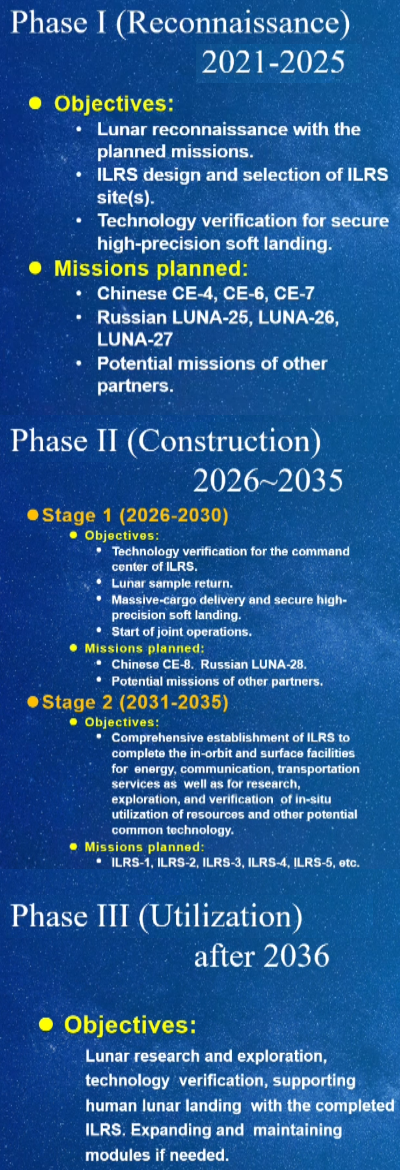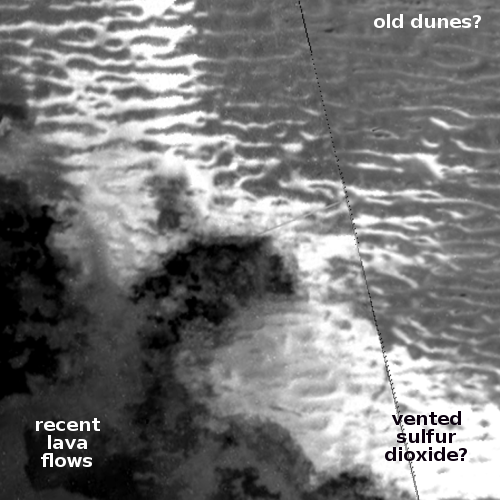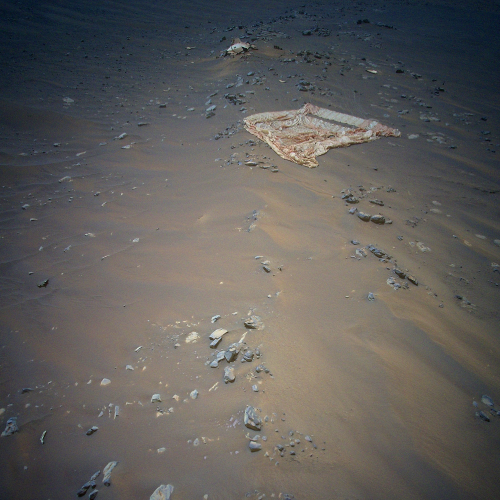Pushback: Sports anchor sues ESPN for punishing her for expressing opinions on her own time

ESPN: Proud censor of free speech
They’re coming for you next: Sports anchor Sage Steele last week filed a lawsuit against her employer ESPN for punishing her in 2021 when she expressed strong public reservations — on her own time — about the company’s mandates requiring employees to get COVID shots and boosters or lose their jobs.
In comments last September on a podcast hosted by former National Football League quarterback Jay Cutler, Ms. Steele touched on political and social topics, questioning Covid-19 vaccine mandates and former President Barack Obama’s decision to identify as Black instead of biracial.
After Ms. Steele’s remarks drew criticism in the press and on social media, ESPN forced her to issue an apology and temporarily benched her, according to the suit, which was served in Connecticut, where the network is based. ESPN also retaliated by taking away prime assignments and failing to stop bullying and harassment by Ms. Steele’s colleagues, the suit alleges.
The complaint says ESPN’s handling of Ms. Steele’s situation was an example of selective enforcement of a network policy that bars news personnel from taking positions on political or social issues. ESPN has “violated Connecticut law and Steele’s rights to free speech based upon a faulty understanding of her comments and a nonexistent, unenforced workplace policy that serves as nothing more than pretext,” according to the suit, which seeks unspecified damages.
You can read the lawsuit here [pdf]. It cites numerous examples of other ESPN anchors making public very partisan political statements, on air and while working for ESPN, with no consequences. It also describes in detail the network’s ugly treatment of her– including taking her off prime assignments and forcing her to issue an apology she did not write — all based on this kind of non-research:
» Read more

ESPN: Proud censor of free speech
They’re coming for you next: Sports anchor Sage Steele last week filed a lawsuit against her employer ESPN for punishing her in 2021 when she expressed strong public reservations — on her own time — about the company’s mandates requiring employees to get COVID shots and boosters or lose their jobs.
In comments last September on a podcast hosted by former National Football League quarterback Jay Cutler, Ms. Steele touched on political and social topics, questioning Covid-19 vaccine mandates and former President Barack Obama’s decision to identify as Black instead of biracial.
After Ms. Steele’s remarks drew criticism in the press and on social media, ESPN forced her to issue an apology and temporarily benched her, according to the suit, which was served in Connecticut, where the network is based. ESPN also retaliated by taking away prime assignments and failing to stop bullying and harassment by Ms. Steele’s colleagues, the suit alleges.
The complaint says ESPN’s handling of Ms. Steele’s situation was an example of selective enforcement of a network policy that bars news personnel from taking positions on political or social issues. ESPN has “violated Connecticut law and Steele’s rights to free speech based upon a faulty understanding of her comments and a nonexistent, unenforced workplace policy that serves as nothing more than pretext,” according to the suit, which seeks unspecified damages.
You can read the lawsuit here [pdf]. It cites numerous examples of other ESPN anchors making public very partisan political statements, on air and while working for ESPN, with no consequences. It also describes in detail the network’s ugly treatment of her– including taking her off prime assignments and forcing her to issue an apology she did not write — all based on this kind of non-research:
» Read more














